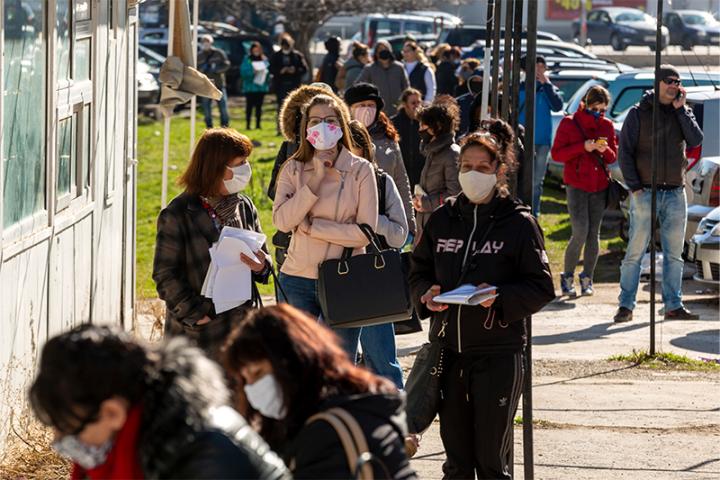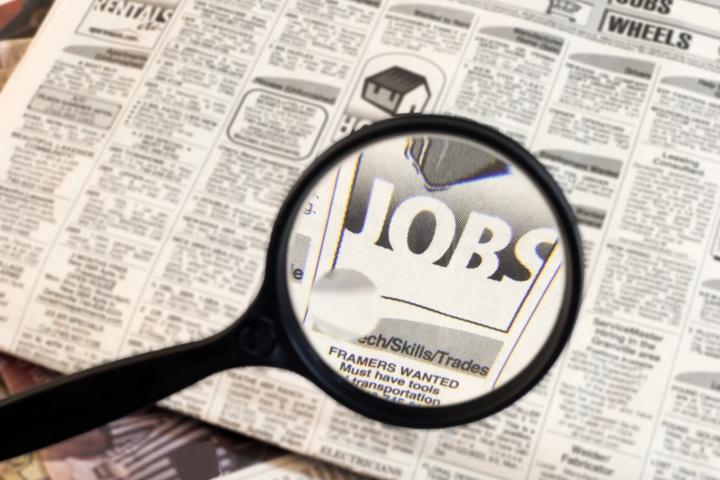
Student Project: Examining Unemployment Insurance Overpayments in New York State (Video)
This video, created by ILR School students Riley Xian and Jenna Lea, examines unemployment insurance overpayments in New York State. Through conversations with past unemployment benefits claimants, this video shows how strict policing of fault and fraud have worsened the financial hardships facing unemployed workers and their families.
Since 2020, about two-thirds of the benefits overpaid in New York have been considered fraudulent, which means that the state Department of Labor (DOL) is required to collect the benefits and often levies penalties as well. This fraud rate is higher than that of any other state in the U.S.
Legislation has been proposed to stop the state from penalizing claimants who may have made honest mistakes on forms, such as errors due to language or literacy barriers, errors stemming from bad advice, or other systemic failures. The proposed legislation narrows the definition of fault and provides clearer guidance to waive overpayments. In 2025, the bill numbers for this proposed legislation are A05015 / S02025.
The video includes testimonies from three different people who were overpaid benefits, leading to demands for repayment. All three expressed regret applying for unemployment benefits, despite acutely needing the money.
- Ms. S faced an overpayment of $10,000 due to the DOL incorrectly using her gross income instead of her net income. Despite providing accurate tax documentation, she was initially denied a waiver due to her modest retirement savings. It took extensive legal advocacy to secure a reversal of this decision.
- Mamadou Balde, an Uber driver, faced overpayment demands due to an unclear question on the application form about work availability. Despite receiving a federal waiver, New York State’s lack of a state waiver forced him to have to repay thousands of dollars, leading to hardship for him and his family in Senegal.
- Ms. Bano, a migrant from Afghanistan with limited English proficiency, lost one of her jobs and applied for unemployment benefits while continuing to work part-time. Ms. Bano was mistakenly certified to have worked zero days. This led to a complex appeals process, in which all communications were issued in English. She faces ongoing collections notices and is still awaiting a court decision.
Riley Xian (Class of 2025) and Jenna Lea (Class of 2026) are two students working with the ILR School's Ithaca Co-Lab. They got involved with making videos as part of the engaged learning option of the class, “The fight against unemployment,” taught by Ian Greer, research professor and director of the Ithaca Co-Lab. This project combines the ILR School’s commitment to providing students with engaged and experiential learning opportunities with the outreach mission of informing the public on labor policy issues in New York State.


